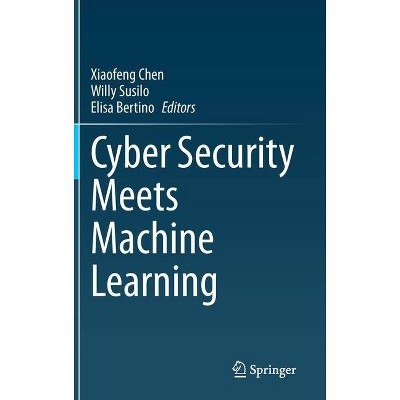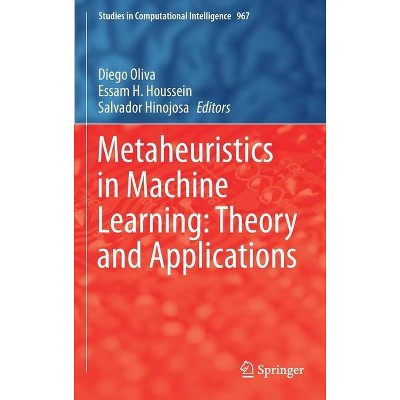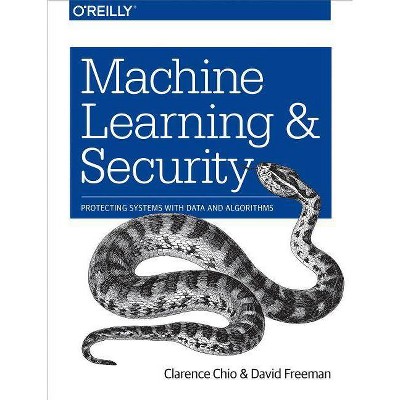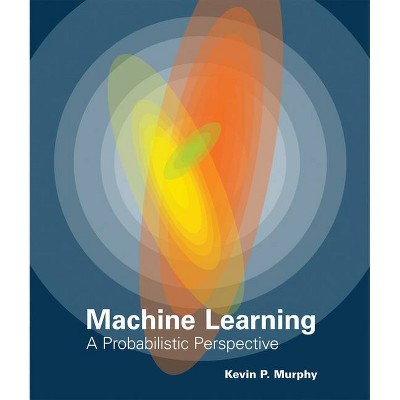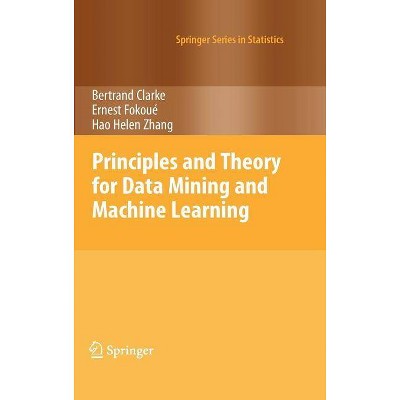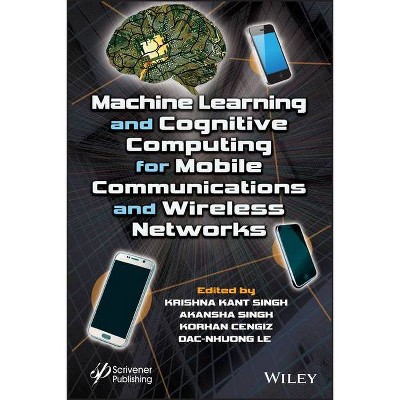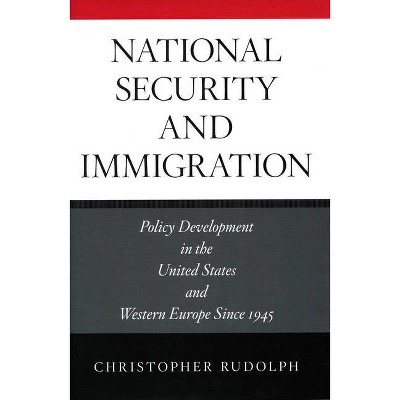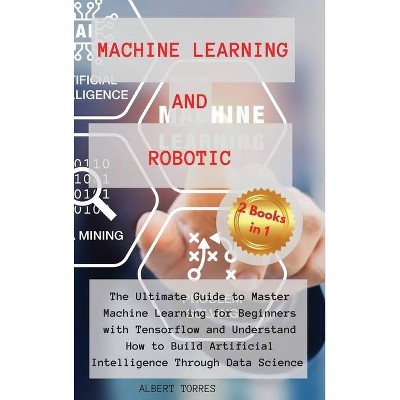Game Theory and Machine Learning for Cyber Security - by Charles A Kamhoua & Christopher D Kiekintveld & Fei Fang & Quanyan Zhu (Hardcover)
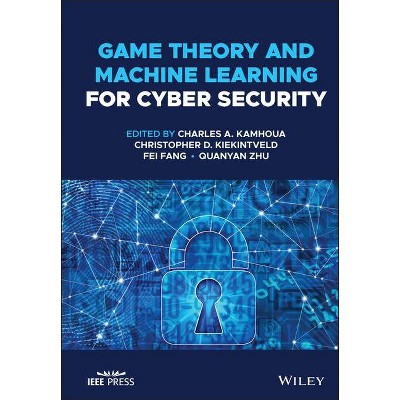
Similar Products
Products of same category from the store
AllProduct info
<p/><br></br><p><b> About the Book </b></p></br></br>"Cyber security is a serious concern to our economic prosperity and national security. Despite an increased investment in cyber defense, cyber-attackers are becoming more creative and sophisticated. This exposes the need for a more rigorous approach to cyber security, including methods from artificial intelligence including computational game theory and machine learning. Recent advances in adversarial machine learning are promising to make artificial intelligence (AI) algorithms more robust to deception and intelligent manipulation. However, they are still vulnerable to adversarial inputs, data poisoning, model stealing and evasion attacks. The above challenges and the high risk and consequence of cyber-attacks drive the need to accelerate basic research on cyber security"--<p/><br></br><p><b> Book Synopsis </b></p></br></br><b>GAME THEORY AND MACHINE LEARNING FOR CYBER SECURITY</b> <p><b>Move beyond the foundations of machine learning and game theory in cyber security to the latest research in this cutting-edge field</b> <p>In <i>Game Theory and Machine Learning for Cyber Security</i>, a team of expert security researchers delivers a collection of central research contributions from both machine learning and game theory applicable to cybersecurity. The distinguished editors have included resources that address open research questions in game theory and machine learning applied to cyber security systems and examine the strengths and limitations of current game theoretic models for cyber security. <p>Readers will explore the vulnerabilities of traditional machine learning algorithms and how they can be mitigated in an adversarial machine learning approach. The book offers a comprehensive suite of solutions to a broad range of technical issues in applying game theory and machine learning to solve cyber security challenges. <p>Beginning with an introduction to foundational concepts in game theory, machine learning, cyber security, and cyber deception, the editors provide readers with resources that discuss the latest in hypergames, behavioral game theory, adversarial machine learning, generative adversarial networks, and multi-agent reinforcement learning. <p>Readers will also enjoy: <ul><li>A thorough introduction to game theory for cyber deception, including scalable algorithms for identifying stealthy attackers in a game theoretic framework, honeypot allocation over attack graphs, and behavioral games for cyber deception</li> <li>An exploration of game theory for cyber security, including actionable game-theoretic adversarial intervention detection against advanced persistent threats</li> <li>Practical discussions of adversarial machine learning for cyber security, including adversarial machine learning in 5G security and machine learning-driven fault injection in cyber-physical systems</li> <li>In-depth examinations of generative models for cyber security</li></ul> <p>Perfect for researchers, students, and experts in the fields of computer science and engineering, <i>Game Theory and Machine Learning for Cyber Security</i> is also an indispensable resource for industry professionals, military personnel, researchers, faculty, and students with an interest in cyber security.<p/><br></br><p><b> From the Back Cover </b></p></br></br><p><b>Move beyond the foundations of machine learning and game theory in cyber security to the latest research in this cutting-edge field</b></p> <p>In <i>Game Theory and Machine Learning for Cyber Security</i>, a team of expert security researchers delivers a collection of central research contributions from both machine learning and game theory applicable to cybersecurity. The distinguished editors have included resources that address open research questions in game theory and machine learning applied to cyber security systems and examine the strengths and limitations of current game theoretic models for cyber security. <p>Readers will explore the vulnerabilities of traditional machine learning algorithms and how they can be mitigated in an adversarial machine learning approach. The book offers a comprehensive suite of solutions to a broad range of technical issues in applying game theory and machine learning to solve cyber security challenges. <p>Beginning with an introduction to foundational concepts in game theory, machine learning, cyber security, and cyber deception, the editors provide readers with resources that discuss the latest in hypergames, behavioral game theory, adversarial machine learning, generative adversarial networks, and multi-agent reinforcement learning. <p>Readers will also enjoy: <ul><li>A thorough introduction to game theory for cyber deception, including scalable algorithms for identifying stealthy attackers in a game theoretic framework, honeypot allocation over attack graphs, and behavioral games for cyber deception</li> <li>An exploration of game theory for cyber security, including actionable game-theoretic adversarial intervention detection against advanced persistent threats</li> <li>Practical discussions of adversarial machine learning for cyber security, including adversarial machine learning in 5G security and machine learning-driven fault injection in cyber-physical systems</li> <li>In-depth examinations of generative models for cyber security</li></ul> <p>Perfect for researchers, students, and experts in the fields of computer science and engineering, <i>Game Theory and Machine Learning for Cyber Security</i> is also an indispensable resource for industry professionals, military personnel, researchers, faculty, and students with an interest in cyber security.<p/><br></br><p><b> About the Author </b></p></br></br><p><b>Charles A. Kamhoua, PhD, </b> is a researcher at the United States Army Research Laboratory's Network Security Branch. He is co-editor of <i>Assured Cloud Computing</i> (2018) and <i>Blockchain for Distributed Systems Security</i> (2019), and <i>Modeling and Design of Secure Internet of Things</i> (2020).</p> <p><b>Christopher D. Kiekintveld, PhD, </b> is Associate Professor at the University of Texas at El Paso. He is Director of Graduate Programs with the Computer Science Department. <p><b>Fei Fang, PhD, </b> is Assistant Professor in the Institute for Software Research at the School of Computer Science at Carnegie Mellon University. <p><b>Quanyan Zhu, PhD, </b> is Associate Professor in the Department of Electrical and Computer Engineering at New York University.
Price History
Cheapest price in the interval: 140 on November 8, 2021
Most expensive price in the interval: 140 on December 20, 2021
Price Archive shows prices from various stores, lets you see history and find the cheapest. There is no actual sale on the website. For all support, inquiry and suggestion messagescommunication@pricearchive.us
